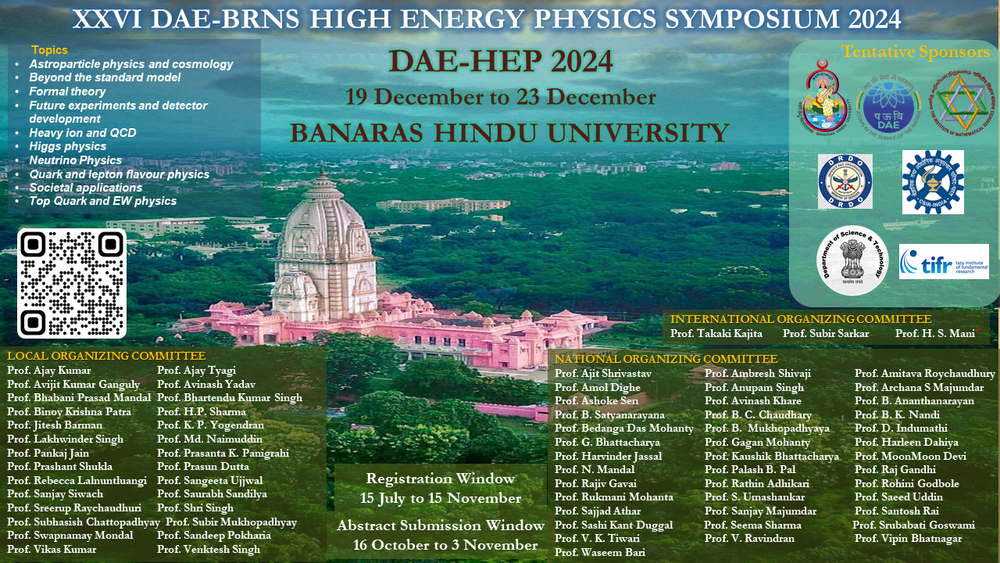Speaker
Description
In recent years, the experimental discovery of charmed mesons has significantly increased. The latest report from the Particle Data Group (PDG) lists 10 observed excited strange-charmed mesons identified by various experimental collaborations. In this study, we conduct a systematic analysis of the $D_s^{\pm}$ meson by utilizing Regge theory, a widely adopted framework for investigating hadron spectra. By assuming quasilinear Regge trajectories, we derive several relationships between the Regge slope, intercept, and meson masses. Using these relationships, we calculate the Regge slopes for the $1^1S_0$ and $1^3S_1$ trajectories in the $(J, M^2)$ plane to determine the masses of orbitally excited states. Furthermore, we evaluate the Regge parameters in the $(n, M^2)$ plane for each Regge line, allowing us to predict the masses of radially excited charmed-strange mesons on these trajectories. These predicted masses are then compared with both available experimental results and theoretical predictions from other models.
Looking forward, we anticipate that more candidates for excited charmed-strange mesons will be observed with advancements at experimental facilities such as LHCb, BABAR, and BESIII. Our predictions could provide valuable insights for future experimental studies and verification.
| Field of contribution | Phenomenology |
|---|

